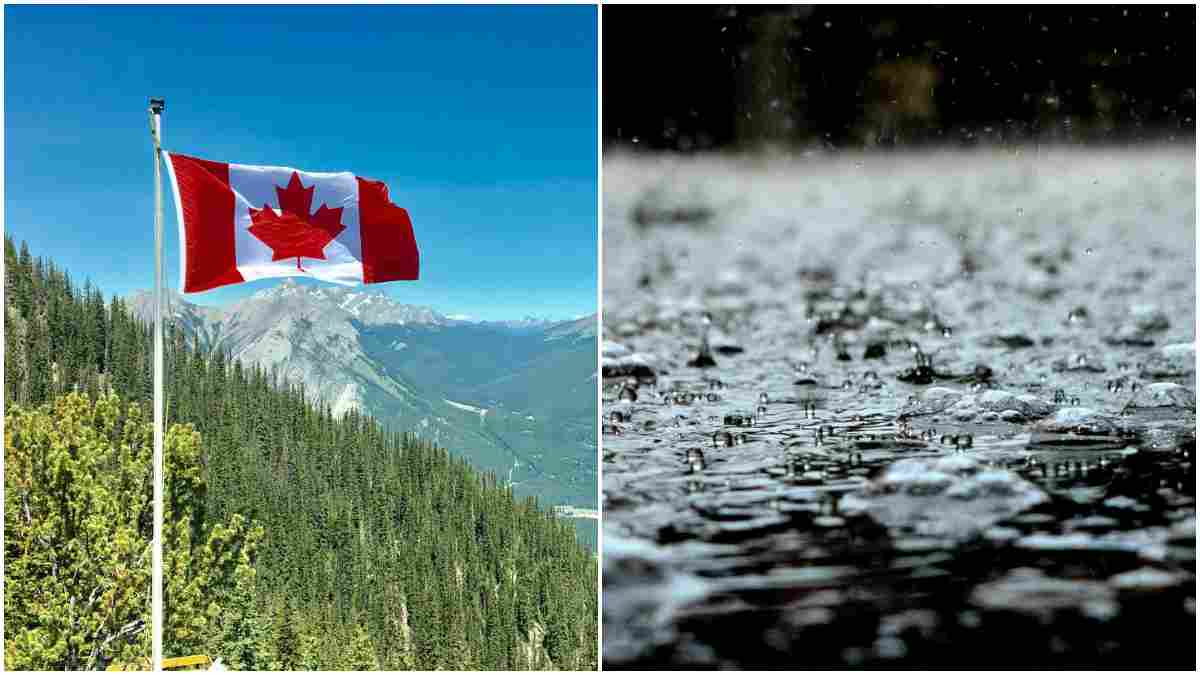Next month, Canada will introduce a “rain tax.” Reports suggest that this initiative aims to tackle the issue of stormwater management in the Canadian city of Toronto. The Toronto municipal authority is considering the introduction of this ‘rain tax’, with plans for implementation in April, as per the official website of the Toronto government.
Also Read: WATCH | Dramatic Video Of US Bridge Collapses After Ship Collision, Then This Happened
The Toronto City’s official website indicates that the government, in collaboration with water users and stakeholders, is currently conducting a ‘Stormwater Charge & Water Service Charge Consultation’ program. This initiative, reportedly, aims to address stormwater management issues, often called the ‘rain tax’. Authorities are actively seeking feedback from water users and stakeholders regarding the potential introduction of a stormwater charge and water service charge. They are inviting participation in a survey before April 30.
What the government of Canada has to say about it?
The official government website defines stormwater as rain and melted snow. When this stormwater fails to seep into the ground, it flows over hard surfaces like streets, roofs, and driveways, ultimately entering local waterways through storm drains and pipes.
According to reports, the authorities intend to implement a ‘stormwater charge’ that will apply to all property classes. Additionally, they plan to establish a program to offer stormwater charge credits for larger properties, alongside administrative water charges referred to as a ‘water service charge’. The website underscores the detrimental effects of excessive stormwater, which can overwhelm the city’s sewer system, resulting in flooded basements and deteriorating surface water quality in rivers, streams, and lakes. The proposal for a stormwater charge aims to supplement existing water utility bills paid by Toronto residents. This charge is purportedly based on the property’s impact on stormwater runoff into the city’s storm sewer system, determined by the extent of hard surface areas such as roofs, driveways, and parking areas. Properties will be assessed based on their contribution to stormwater runoff, thereby establishing their role in addressing this environmental challenge.
Also Read: Naval Air Station Striked In Pakistan; Majeed Brigade Takes Responsibility For Terror Attack













